Simply because we believe something to be real that doesn’t necessarily make it a reality. Read on to know the difference between perception and reality and how to ensure that perceptions remain close to reality.
We hear it all the time, in the business world, in the political arena, in marriages, anytime there is a disagreement or conflict: “Perception is reality.” This aphorism is often used to justify a perception that may be objectively unjustifiable or just plain out of touch with reality.
It’s employed as a cudgel to beat others into accepting someone’s preferred so-called reality. At a more philosophical level, this adage creates a sense of relativism (think squishiness) in circumstances that are more likely absolute (think “the world is flat”).
Let me state with an absolute sense of reality and without any perceptual flexibility at the outset that perception is NOT reality. As I am a word guy, meaning I believe that words powerfully shape our attitudes, beliefs, and, well, perceptions, let me start off by showing why perceptions and reality are different.
Here is a dictionary definition of perception:
- “The way of regarding, understanding, or interpreting something; a mental impression.”
and
Here is the dictionary definition of reality:
- “The world or the state of things as they actually exist… existence that is absolute, self-sufficient, or objective, and not subject to human decisions or conventions.”
Clearly, perception and reality have very different meanings. The former occurs entirely in the mind in which mental gymnastics can turn any belief into reality. The other exists completely outside of the mind and can’t be easily manipulated. To conflate perception with reality is to reject the Enlightenment and harken back to the Middle Ages.
Also read How Changing Your Beliefs Will Make You Realize How Much Life Has To Offer
Perception is not reality, but, admittedly, perception can become a person’s reality (there is a difference) because perception has a potent influence on how we look at reality.
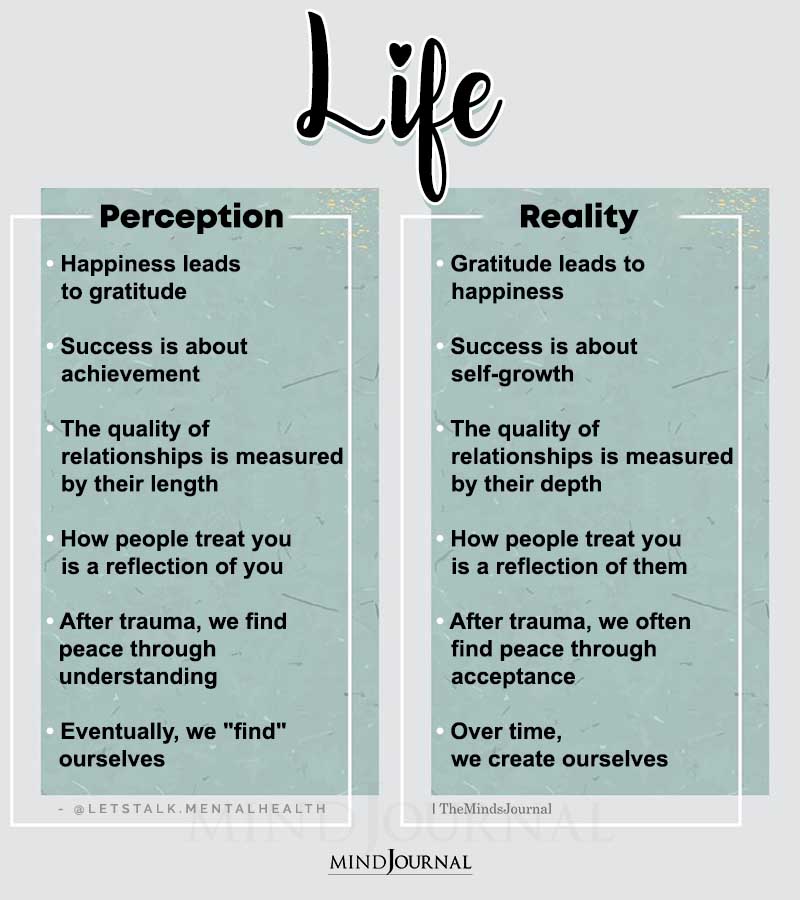
Think of it this way. Perception acts as a lens through which we view reality. Our perceptions influence how we focus on, process, remember, interpret, understand, synthesize, decide about, and act on reality. In doing so, our tendency is to assume that how we perceive reality is an accurate representation of what reality truly is. But it’s not. The problem is that the lens through which we perceive is often warped in the first place by our genetic predispositions, past experiences, prior knowledge, emotions, preconceived notions, self-interest, and cognitive distortions.
Also read The Psychology of Guilt: How Guilt Changes The Way We Spend
Daniel Kahneman, the noted psychologist who received the 2002 Nobel Prize winner in economics, created a veritable cottage industry by identifying what he termed cognitive biases (there are 100s) that are systematic ways in which humans create a subjective social reality that deviates from objective reality.
I appreciate that some philosophers argue that reality doesn’t actually exist, but, instead, is a subjective construction because we don’t experience reality directly. Rather, we experience reality through senses that limit how we process reality. For example, humans only see a circumscribed spectrum of colors or hear a defined range of sounds.
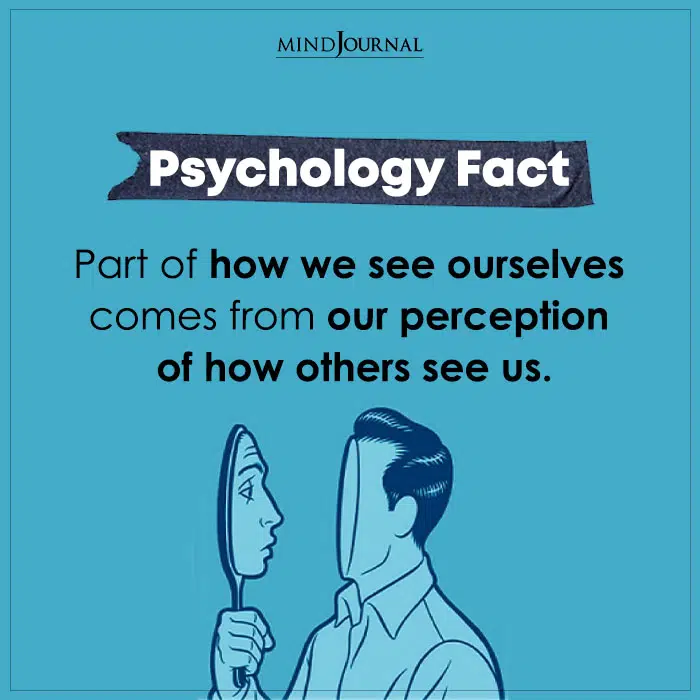
But, just because we can’t perceive a dog whistle doesn’t mean it doesn’t exist in reality. Thankfully, we have the technology in most situations that can objectively measure reality (of course, disbelievers could argue that reading the instruments requires perception, thus “proving” their point that perception is reality, but let’s not go there).
A key question to ask is:
- “What’s wrong with perception diverging from reality?”
- What if I perceive the world in a way that is out of touch with reality?
As with most things in life, this question demands a nuanced answer that involves degree rather than kind. For example, there is a psychological theory that posits what are called positive illusions, which involve holding a slightly inflated view of one’s capabilities, which can have psychological and practical benefits (e.g., gives hope, enhances persistence).
However, if the perception deviates too far from reality when it shifts from mild illusion to delusion, it can be a liability (e.g., set unattainable goals, lack of preparation for a difficult task). In fact, a substantial disconnect between perception and reality can lead people to a complete inability to function (severe mental illness is an example).
At a societal level, when different individuals or constituencies develop perceptions that are so far apart, one immense problem is that no common ground can be found. This disconnect is exemplified in our current political climate where people of different political stripes have such diametrically opposed perceptions that it becomes impossible to orchestrate consensus or govern.
The result is paralysis (Congress) or hostility (hate crimes). Going to extremes, a massive divide between perceptions in a country would likely lead to a slow, but steady, disintegration of the institutions that hold a society together (dystopian themes in literature and film or, well, our world today).
The challenge we face with our own thinking, as well as the thinking of others, is how to ensure that perceptions remain close to reality. This alignment is essential for us to live in the real world, find consensus with others, and maintain the individual, governmental, and societal structures that are necessary for life as we know it to exist.
Also read Embracing The Challenges of Change In Life
Here are a few tips to keep in mind about perception and reality:
- Don’t assume that your perceptions are reality (just your reality)
- Be respectful of others’ perceptions (they may be right)
- Don’t hold your perceptions too tightly; they may be wrong (admitting it takes courage)
- Recognize the distortions within you that may warp your perceptions (seeing them will better ground your perceptions in reality rather than the other way around)
- Challenge your perceptions (do they hold up under the microscope of reality?)
- Seek out validation from experts and credible others (don’t just ask your friends because they likely have the same perceptions as you)
- Be open to modifying your perceptions if the preponderance of evidence demands it (rigidity of mind is far worse than being wrong)
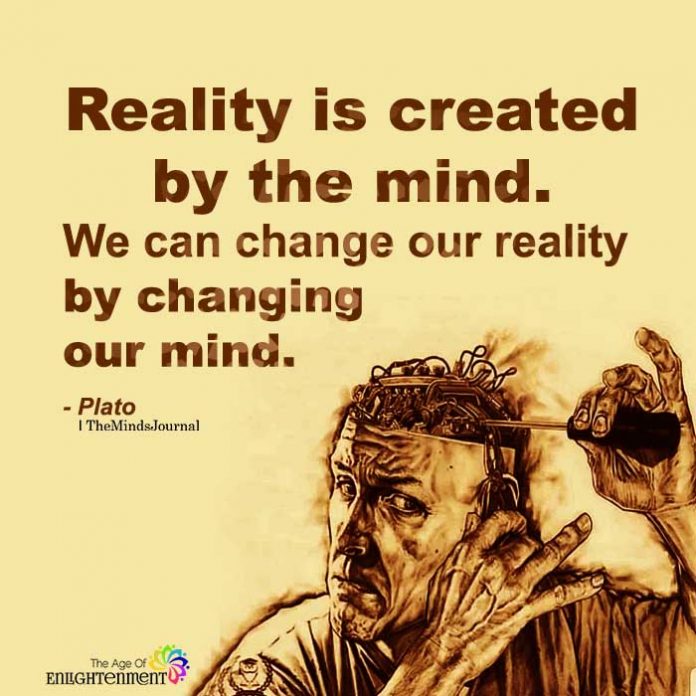
The next time someone tosses that tired trope—“but perception is reality”—in defense of the indefensible, you stand up and tell them that it might be their perception, but it is not reality.
Please share this article with anyone who you may think will find it valuable and helpful.
Written by: Jim Taylor, Ph.D Originally appeared on: Psychology Today Republished with permission
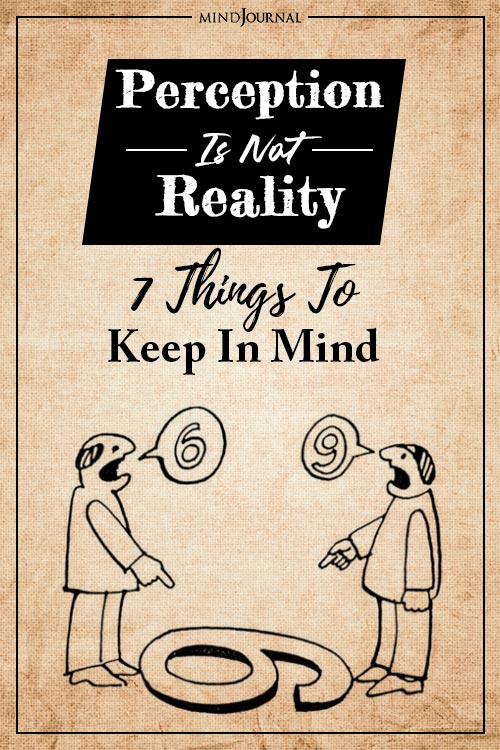
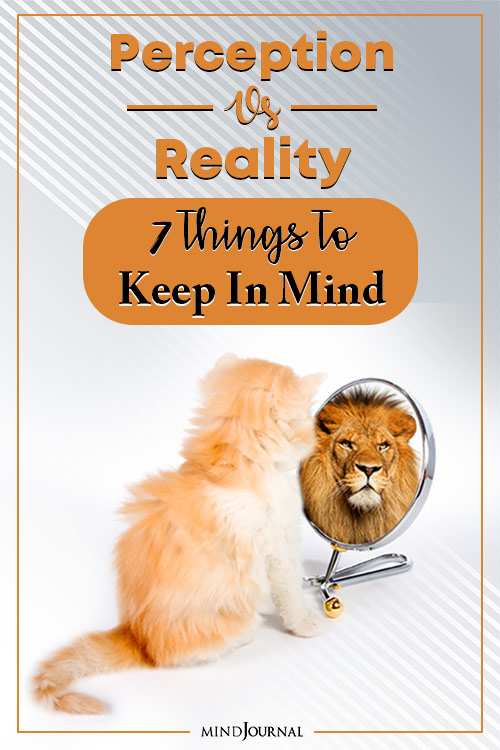
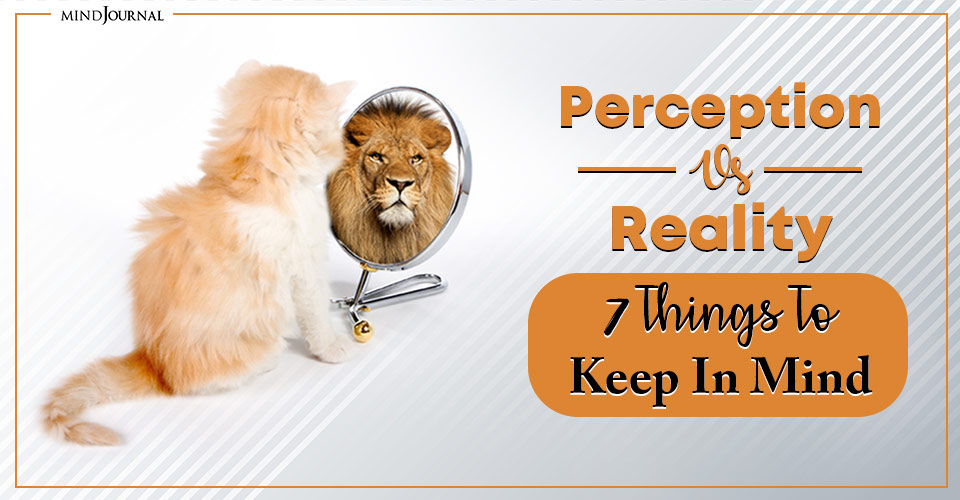


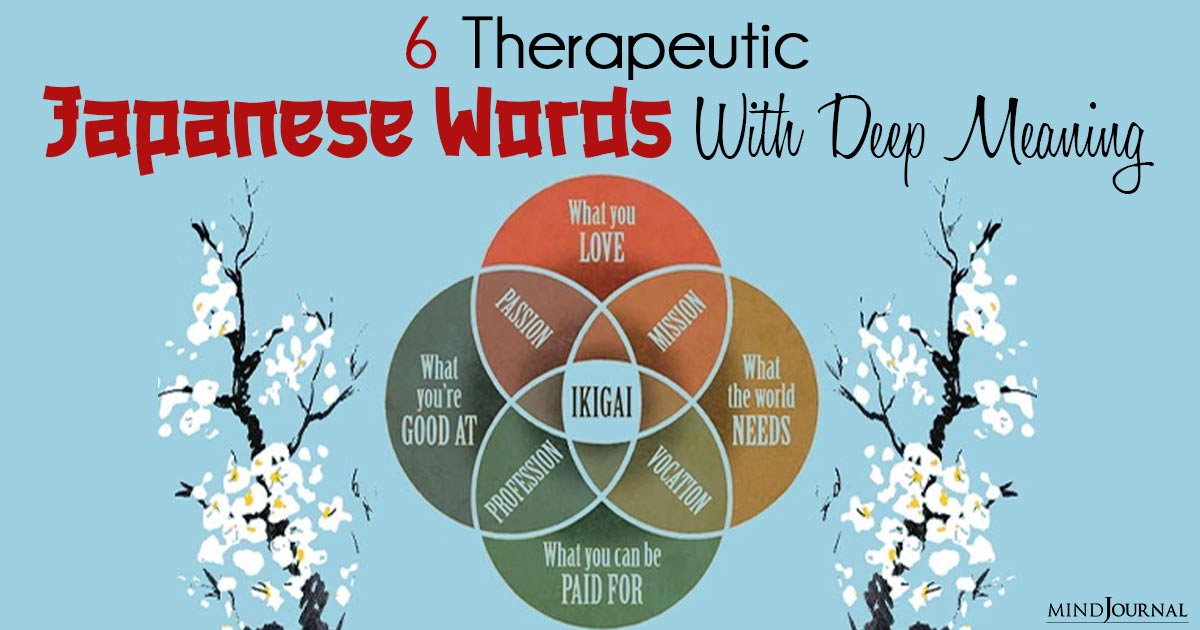

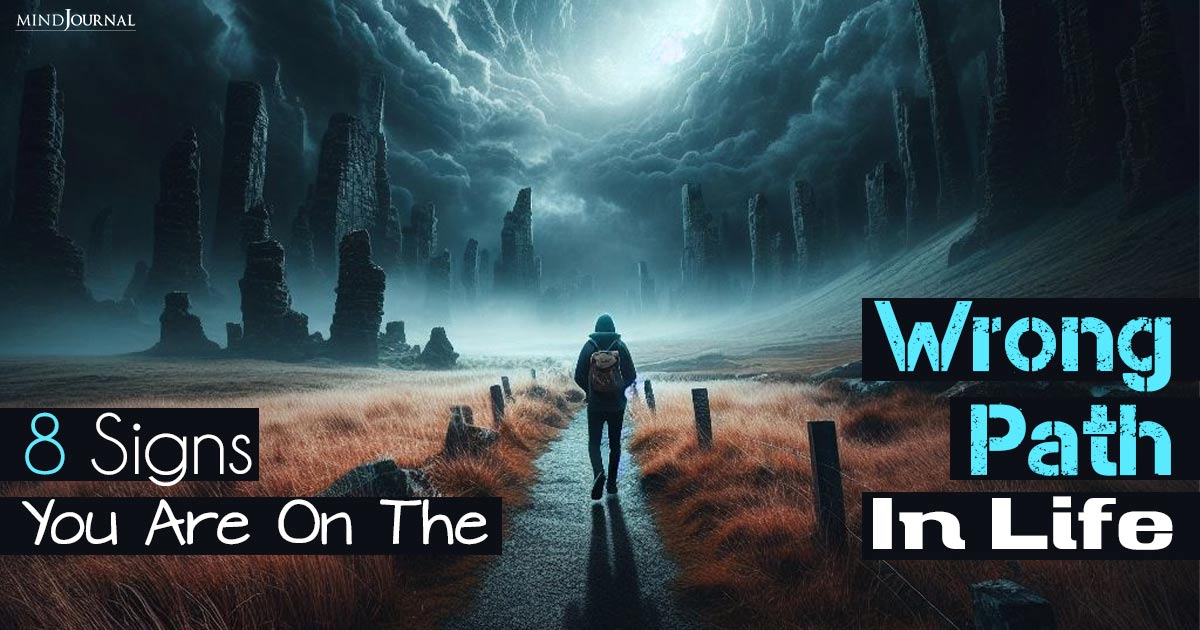
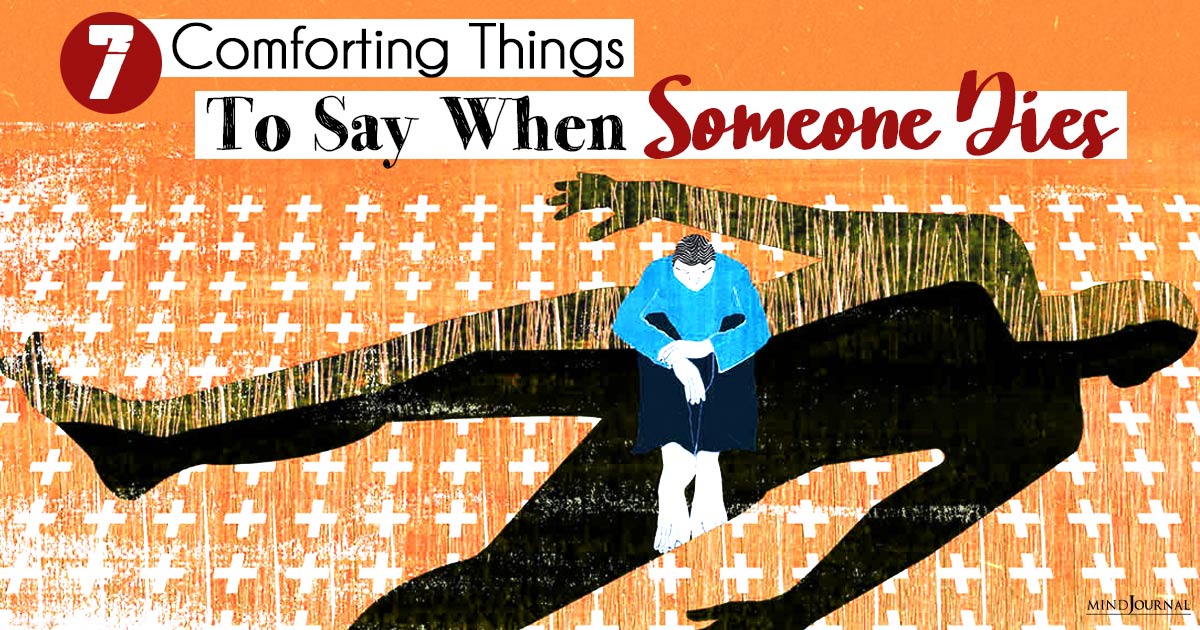
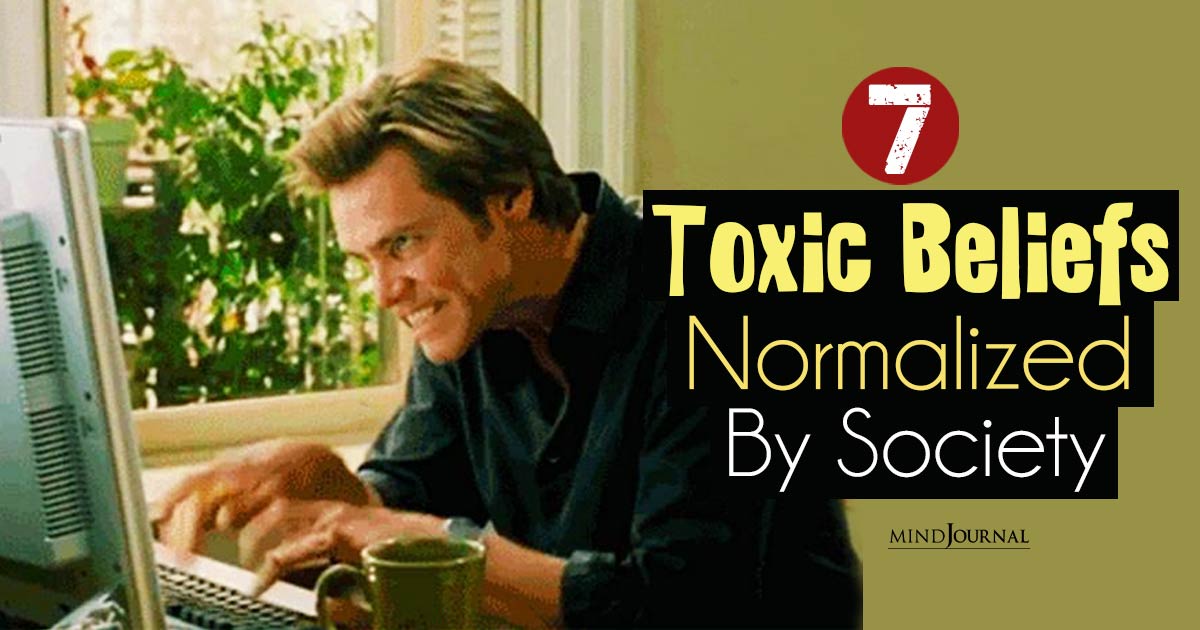
Leave a Reply
You must be logged in to post a comment.